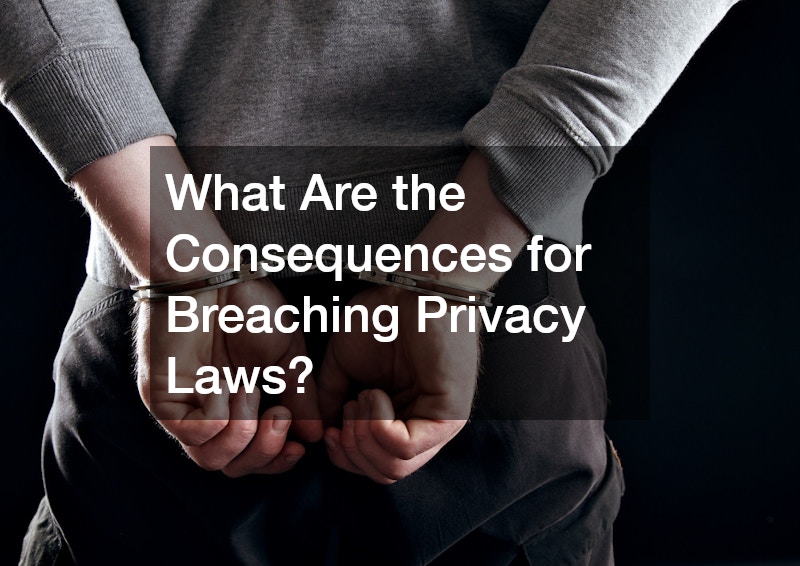This article delves into the often-overlooked but crucial privacy laws that govern the work of crime scene cleaning professionals. These individuals frequently encounter sensitive personal information, medical details, and potentially identifying data while performing their duties. We will clarify what information they are legally permitted to disclose, what must be kept confidential under laws such as HIPAA and various state regulations, and how these rules impact their day-to-day operations.
What Are Crime Scene Cleanup Crews Legally Allowed to Disclose?
Crime scene cleanup crews must follow strict legal and ethical guidelines regarding the disclosure of information encountered during their work. Generally, they are allowed to share details that have already been made public, such as information officially released by law enforcement agencies to the media.
However, they must refrain from discussing any specifics that could violate an individual’s privacy rights, such as medical conditions, identities of victims or suspects, or any details that have not been publicly confirmed.
Additionally, they must be cautious not to reveal information that could interfere with ongoing investigations or breach confidentiality agreements. Federal laws like HIPAA, state-specific privacy statutes, and contractual obligations shape these boundaries, ensuring both legal compliance and respect for those affected. Certain logistical details are often necessary to share with third-party service providers involved in the cleanup process. Through these controlled disclosures, cleanup crews maintain compliance with privacy laws while effectively performing their essential duties.
Sharing information without breaching confidentiality is an essential skill for cleanup professionals. They must remain aware of the implications of their communications to ensure they stay within legal bounds. Understanding permissible information sharing is fundamental in guiding their everyday operations.
What Information Must Crime Scene Cleanup Crews Keep Confidential?
Privacy laws impose strict limitations on the type of information that crime scene cleanup crews must keep confidential. These laws protect the personal details of the individuals involved, including victims and family members. Sensitive details pertaining to the investigation that have not been publicly disclosed are also kept confidential.
These limitations are crucial in safeguarding the privacy of those affected by the crime scenes, ensuring that their personal circumstances are not divulged indiscriminately. Confidentiality extends to any photographic or documentary evidence collected at the scene. Violation of these confidentiality stipulations can lead to severe legal ramifications and loss of trust from both clients and the community.
By strictly adhering to the confidentiality limitations imposed by privacy laws, cleanup crews demonstrate professional integrity. Compliance ensures that they respect the rights of the individuals involved while upholding the standards of their profession. This balance between transparency and confidentiality is core to maintaining ethical standards in such sensitive work environments.
How Do Privacy Laws Affect the Documentation Process?
Privacy laws heavily influence the documentation process for crime scene cleanup crews. Detailed records are vital for financial and logistical oversight, but must be carefully managed to prevent privacy breaches. Only essential information for operational purposes is recorded, ensuring compliance with legal confidentiality mandates.
Record-keeping practices are subject to continual review to align with evolving privacy regulations. Proper documentation is critical, not only for transparency with clients but also for ensuring accountability within cleanup operations. Consequently, crime scene cleanup crews must implement comprehensive protocols for secure record storage and management.
Beyond internal records, reporting obligations to governmental or regulatory bodies must also adhere to privacy standards. Crime scene cleanup professionals must diligently separate essential operational details from protected personal information. Such conscientious efforts foster a professional environment where privacy is paramount and respected in all aspects of the documentation process.
What Are the Consequences for Breaching Privacy Laws?

Breaching privacy laws can have significant legal and professional repercussions for crime scene cleanup crews. Legal consequences may include fines, penalties, or even suspensions of operational licenses. Being found liable for privacy violations could lead to costly lawsuits and reputational damage.
Professionally, breaches can undermine the trust and integrity that are vital for sustaining operations within sensitive environments. Trust is paramount in this industry, as clients rely heavily on the discretion and integrity of the cleanup crews. Ensuring compliance with privacy laws is thus imperative in maintaining professional credibility and operational longevity.
Moreover, repeated breaches or particularly egregious violations can result in blacklisting from future contracts. The accumulation of legal issues may render a company nonviable, losing the ability to continue in the field. Upholding privacy standards is, therefore, not just a legal requirement but a foundational aspect of sustaining a successful career in crime scene cleanup services.
Understanding the interplay between privacy laws and the responsibilities of crime scene cleanup crews is crucial. By adhering to these legal frameworks, professionals in this field can ensure they respect both the privacy of individuals affected by crime scenes and uphold the integrity of their work. Compliance with privacy regulations not only protects individuals’ rights but also supports the ethical and professional standards required in the industry.
